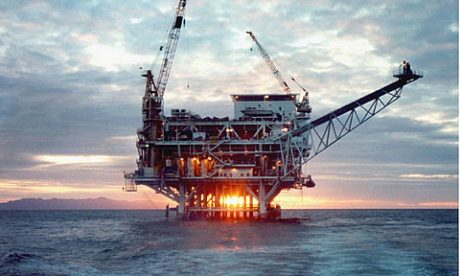Political instability in the southern Mediterranean countries has highlighted the unsustainability of their economic models. Widespread economic discontent, and in particular very high youth unemployment,underpinned the Arab Spring uprisings. As the refugee crisis shows, this is also Europe’s problem and Euro-Mediterranean economic cooperation needs to be reviewed. Energy is a key part of the cooperation framework.
Trade links between southern Mediterranean countries (SMCs) are very limited and they trade mainly with the European Union. Energy represents more than half of SMC exports to the EU. While the regional energy relationships were developed on a bilateral basis, the EU’s Mediterranean energy policy has followed a regional approach, aimed at harmonising energy policies and regulatory frameworks in the region on the path to a Euro-Mediterranean energy market. This approach has proved unproductive and should change. The EU should pursue bilateral energy policies through public-private partnerships involving the European Bank for Reconstruction and Development (EBRD), EU companies and selected SMCs. This would allow support to be provided for sustainable energy in partner countries, improving their economic stability and safeguarding the EU’s gas security of supply. It might also represent a business opportunity for EU energy firms in the context of the sluggish EU energy outlook.
Simone Tagliapietra, Research Fellow; and Georg Zachmann, Senior Fellow, Bruegel
Read more: Energy across the Mediterranean: A call for realism


